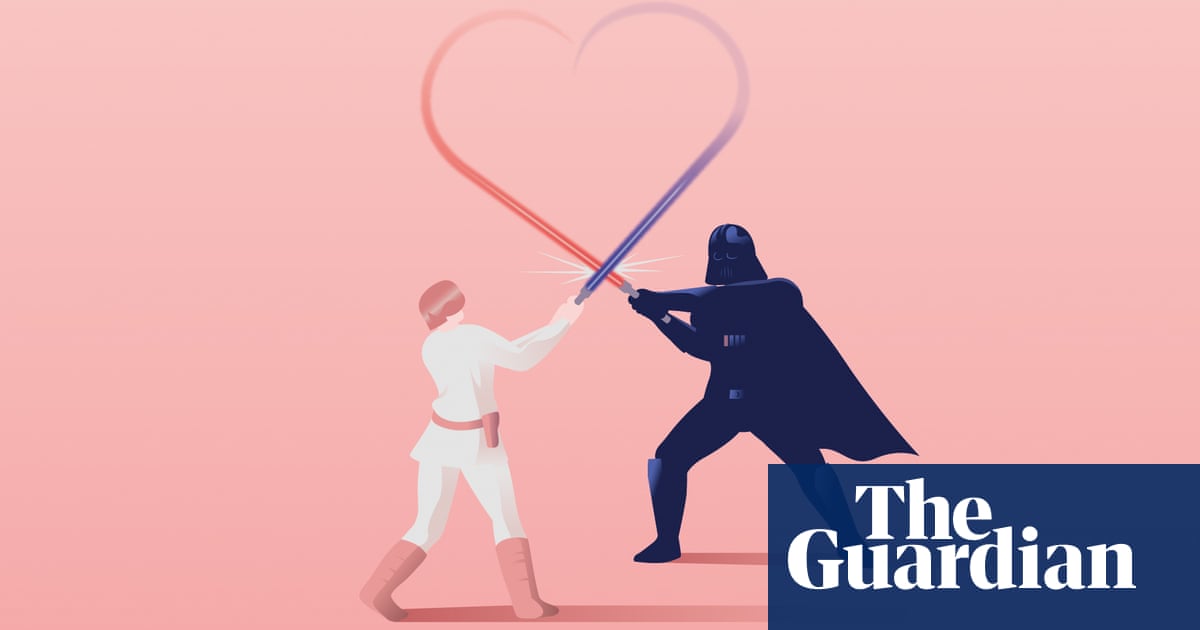
One of the statements for which Albert Einstein is most famous is: “Imagination is more important than knowledge.” He did indeed say that (to an interviewer in 1929), and he explained it by adding: “Knowledge is limited. Imagination encircles the world, stimulating progress, giving birth to evolution.”
What is imagination? It is the ability to construct scenes, images and sounds, starting with existing or non-existing objects, living or non-living, earthly or alien, material or conceptual. We do not know this for sure, but it appears that, of all the creatures on Earth, only humans are capable of imagination. How would we know that? Brain scans of people while they are imagining things show that the process involves several parts of the brain (memory, analysis and other higher functions) — for example, no less than 12 regions of the human brain are needed to imagine the rotation of a 3-D shape. And, so far, scans of animals in various situations have shown none of this.
We also don’t know whether animals dream, even though some of them go through the rapid eye movement phase of sleep that we humans go through, and during which dreaming occurs. And, while imagination may seem similar to dreaming, it is fully conscious and (mostly) deliberate, whereas dreaming (again mostly) is not.
Now back to Einstein, why would imagination be more important than knowledge? Isn’t (high) knowledge the mark of a select elite, whereas imagination is open to all, laymen and scholars alike?
Neuroscience has shown that imagination stimulates multiple brain functions and thus boosts one’s creativity
Nidhal Guessoum
First, imagination is highly important because it is often associated with creativity. Indeed, in the same interview where he made the statement I quoted above, Einstein said: “I am enough of an artist to draw freely upon my imagination… (it stimulates) progress.”
Similarly, J.K. Rowling, the author of the Harry Potter series and other novels, said: “Imagination is… the uniquely human capacity to envision that which is not, and, therefore, the foundation of all invention and innovation.”
Indeed, neuroscience has shown that imagination stimulates multiple brain functions and thus boosts one’s creativity. It creates many connections between different areas of the brain. In fact, it helps preserve neural functions. One study showed that people who keep up their imagination and creative activity are 73 percent less likely to develop the types of memory problems that lead to dementia in later life.
This has practical importance in the education and rearing of children. Kids love play-acting and we should encourage them to indulge in such activities. Imagination and play-acting make them use their whole brains, hence developing and improving their problem-solving abilities, as well enhancing emotional and social development, particularly empathy.
Indeed, the second important benefit of imagination, particularly for children, is that it helps them conceive and picture others’ grim experiences (hunger, fear, injustice, misery, etc.) and sympathize with them. Rowling stressed this aspect of imagination: “In its arguably most transformative and revelatory capacity, (imagination) is the power that enables us to empathize with humans whose experiences we have never shared.”
Parents and educators need to encourage children to use their imagination, by playing “what if” games or acting out situations that require the use of imagination.
In the education arena, imagination has additional benefits. In particular, it increases curiosity by pushing kids to explore various possibilities that may or may not currently exist. Along these lines, Robert Kennedy once said: “Some men see things as they are and ask why. I dream of things that never were and ask why not.”
Finally, imagination is also good for us adults, in that it helps us plan for the future, whether in a few days or weeks or even many years. By mentally exploring scenarios, we envision the consequences of each, weigh them, and decide on the best course of action.
Summers and vacations are times of relaxation, play, exploration and discovery; they are the perfect time to use one’s imagination to the fullest, especially with children. Educators can also use the free time to plan for good uses of imagination in their teaching. And media professionals can produce material (videos, games, etc.) to help us use and boost our imagination. It can indeed encircle the world.









